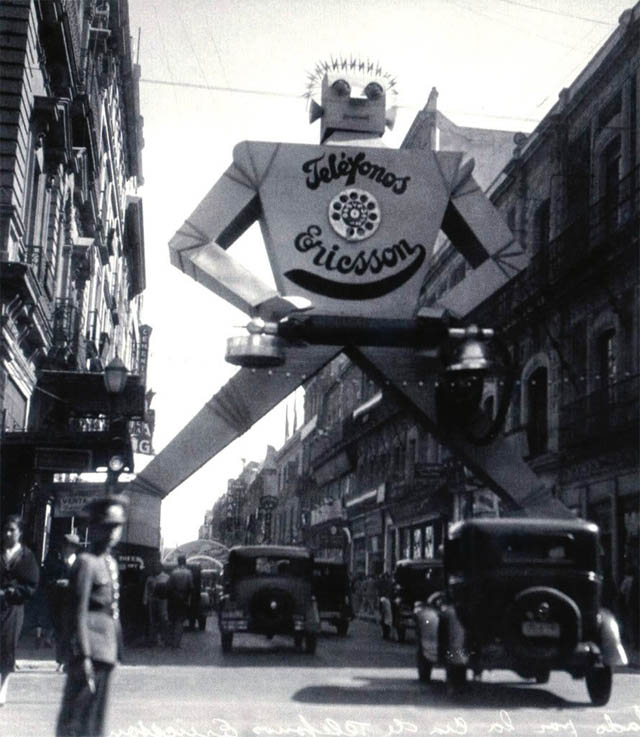Elon Musk, spurred on in part by his reading of Nick Bostrom’s Superintelligence, recently has been warning of the existential crisis Artificial Intelligence poses. In a Slate piece that’s, of course, contrarian, Adam Elkus takes the Tesla technologist to task for what he sees as technopanic. I don’t believe we’ll survive as a species without advanced AI, but it certainly possesses its own extinction threats, and I don’t think there’s anything wrong with leaders in the field addressing them. From Elkus:
“When public figures like Musk characterize emerging technologies in mystical, alarmist, and metaphorical terms, they abandon the very science and technology that forged innovations like Tesla cars for the superstition and ignorance of what Carl Sagan famously dubbed the ‘demon-haunted world.’ Instead of helping users understand, adapt to, and even empathize with the white-collar robot that may be joining their workplace, Musk’s remarks encourage them to fear and despise what they don’t understand. It is fitting that Musk’s remarks come so close to Halloween, as his rhetoric resembles that of the village elder in an old horror movie who whips up the villagers to bear pitchforks and torches to kill the monster in the decrepit old castle up the hill.
The greatest tragedy of the emergent AI technopanic that Musk fuels is that it may reduce human autonomy in a world that may one day be driven by increasingly autonomous machine intelligence. Experts tell us that emerging AI technologies will fundamentally reshape everything from romantic relationships to national security. They could be wrong, as AI has an unfortunate history of failing to live up to expectations. Let’s assume, however, that they are right. Why would it be in the public interest to—through visions of demons, wizards, and warlocks—contribute to an already growing divide between the technologists who make the self-driving cars and the rest of us who will ride in them?”

